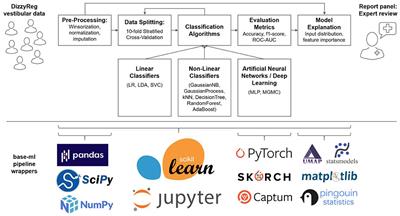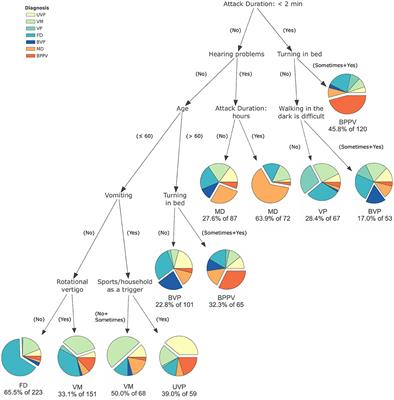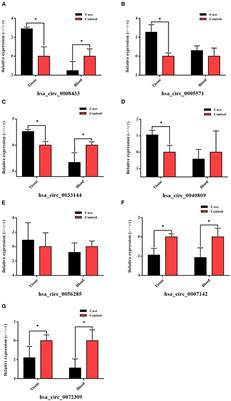EDITORIAL
Published on 24 Sep 2021
Editorial: Epidemiology and Genetics of Vestibular Disorders
doi 10.3389/fneur.2021.743379
- 2,196 views
- 2 citations
20k
Total downloads
77k
Total views and downloads
EDITORIAL
Published on 24 Sep 2021
METHODS
Published on 02 Aug 2021

CASE REPORT
Published on 18 Jun 2021

ORIGINAL RESEARCH
Published on 17 Jun 2021

ORIGINAL RESEARCH
Published on 16 Jun 2021

ORIGINAL RESEARCH
Published on 08 Jun 2021

ORIGINAL RESEARCH
Published on 07 Jun 2021

ORIGINAL RESEARCH
Published on 29 Apr 2021

ORIGINAL RESEARCH
Published on 04 Mar 2021

OPINION
Published on 12 Feb 2021

SYSTEMATIC REVIEW
Published on 05 Feb 2021

REVIEW
Published on 05 Feb 2021

